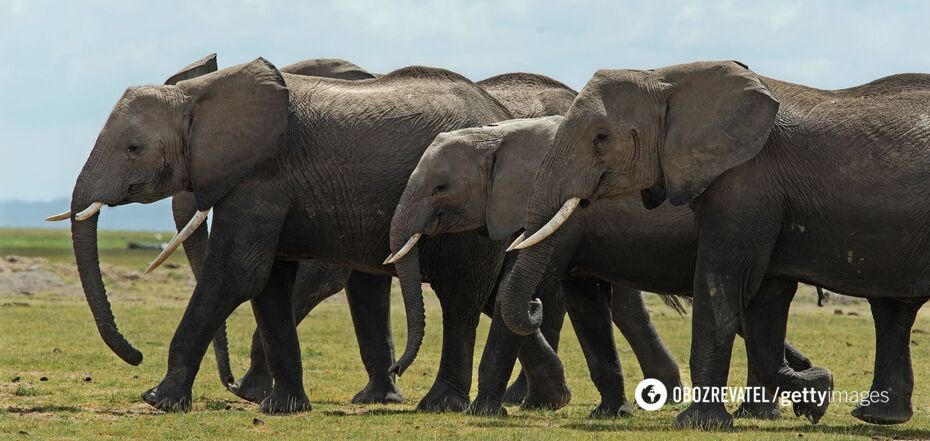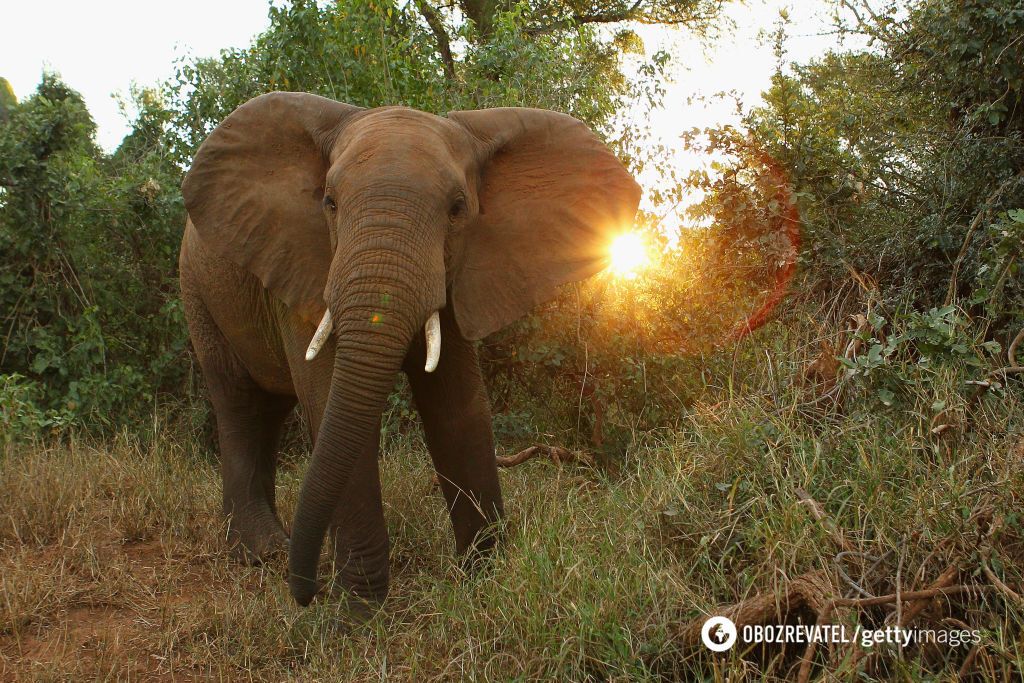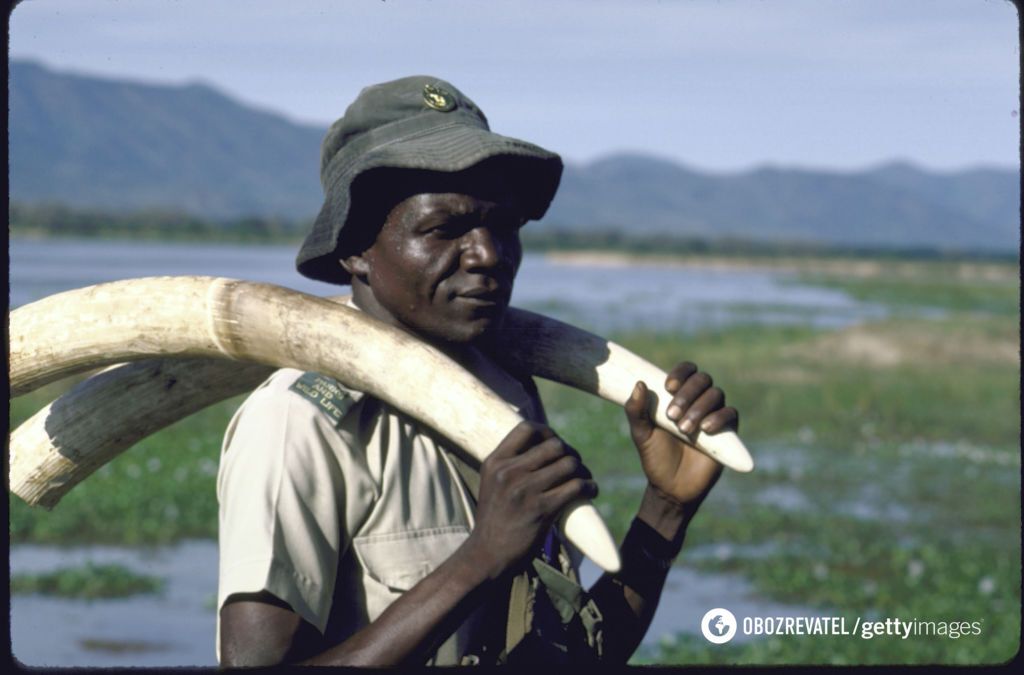News
The largest animal on Earth is on the verge of extinction: the population of African elephants has decreased by 90% in half a century
African elephants, which are the largest land animals on Earth, are in danger. A study shows an alarming decline in the number of these giants across the African continent over the past half-century.
Scientists have released what they called "the most comprehensive assessment of the status of two African elephant species, the savannah and the forest elephant." Savannah elephant populations have declined by an average of about 70%, and forest elephants by 90%, Reuters reports.
The researchers used data from surveys conducted in 475 locations in 37 countries from 1964 to 2016. In general, the population of savannah and forest elephants decreased by an average of 77% in different study areas.
According to experts, poaching and habitat loss are the main reasons for the sharp decline in elephant populations.
"Many of the lost populations will not return, and many low-density populations are under constant pressure. We're likely to lose even more populations in the future," said George Wittemyer, a professor of wildlife conservation at Colorado State University and chair of the science board of Save the Elephants, the conservation group that helped conduct the study.
Scientists emphasize that poaching usually involves killing elephants for their tusks, which are illegally sold on the international black market. There is still a considerable demand for ivory in China and other parts of Asia.
Agricultural expansion is a major factor in elephant habitat loss.
It is estimated that the forest elephant population is about one-third of the savannah elephant population. Poaching has disproportionately affected forest elephants and has devastated populations of both species in northern and eastern Africa.
"We have lost a number of elephant populations in many countries, but the northern Sahel region of Africa – in Mali, Chad and Nigeria – has been particularly hard hit. Limited protection has led to the decimation of the population," said Wittemyer.
However, in South Africa, the elephant population has increased by 42%. "We've seen real success in some places, but especially in Southern Africa – in Botswana, Zimbabwe and Namibia. Here we have seen active care and management by governments or foreign groups that have taken a leadership role in protecting elephants," added Prof. Wittemyer.
A researcher at the Center for African Conservation Ecology at Nelson Mandela University in South Africa emphasized that "the loss of large mammals is an important environmental issue for Africa and the planet as a whole."
"After all, elephants are not only one of the most intelligent species we live with on the planet, but also an incredibly important part of the ecosystem in Africa, which structures the balance between forest and grassland, serves as an important seed disperser, and is a species on which the survival of many other species depends," summarized wildlife conservationist George Wittemyer.
Only verified information is available on our Telegram channel OBOZ.UA and Viber. Do not fall for fakes!





























